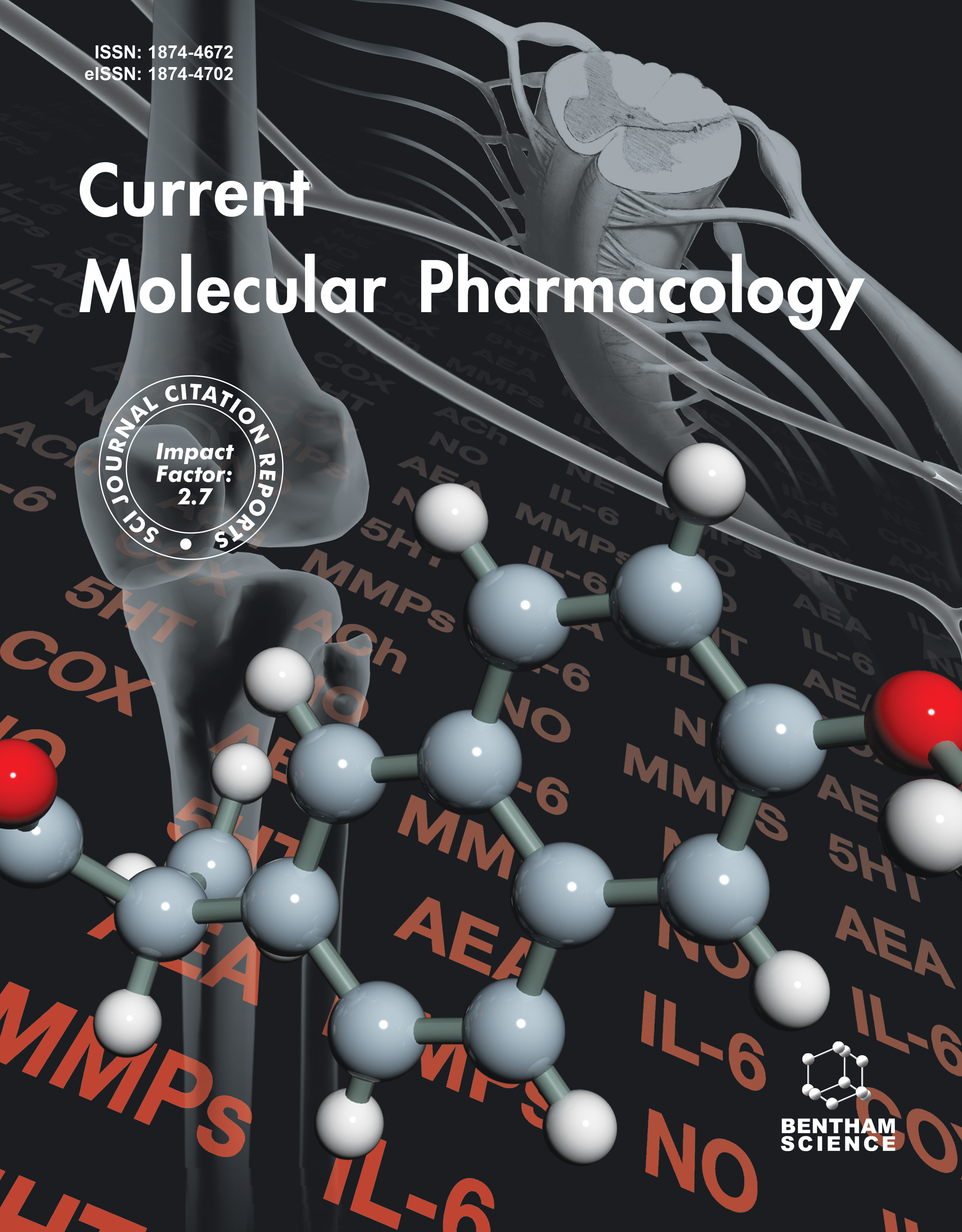
Full text loading...
Mycobacterium tuberculosis causes a contagious pulmonary disease with a high mortality rate in developing countries. However, the recommendation of DOTS (approved by WHO) was effective in treating tuberculosis, but nowadays, resistance from the first line (MDR-TB) and the second line (XDR-TB) drugs is highly common. Whereas, the resistance is a result of factors like poor patient constancy due to the long duration of therapy and co-infection with HIV. The approval of bedaquiline under an accelerated program for the treatment of MDR-TB has revealed its effectiveness in clinical trials as a therapeutic novel molecule. BDQ selectively inhibits the ATP synthase of bacterium and reduces ATP production. Additionally, the poor pharmacokinetic properties raised provocations in the MDR therapy, but the use of targeted drug delivery can solve the hurdles. While the preclinical and clinical studies included in this review are strongly suggesting the usefulness of BDQ in MDR-TB and XDR-TB, the repurposing of different drug classes in resistant TB is opening new opportunities to manage the disease conditions. In this review, we have summarized the examples of pipeline drugs and repurposed molecules with preclinical formulation developments.

Article metrics loading...

Full text loading...
References


Data & Media loading...

